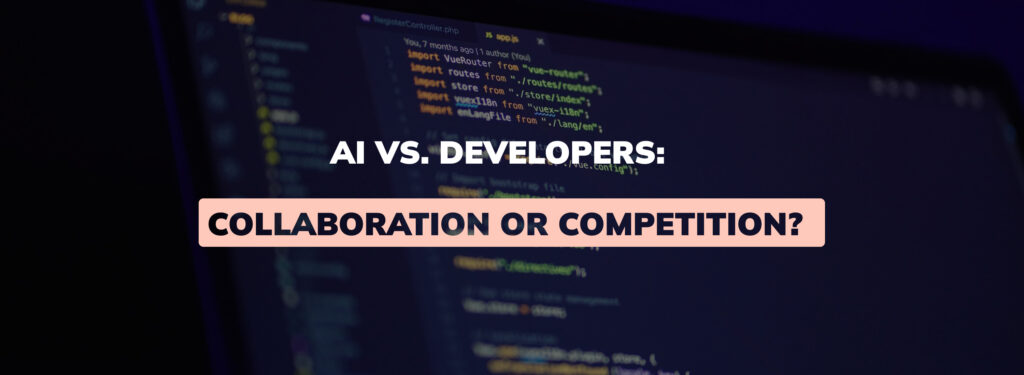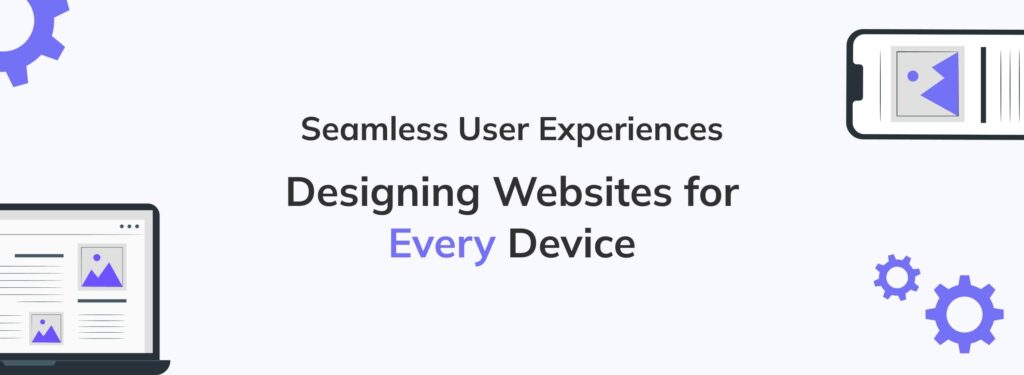Artificial intelligence (AI) has been a commercial buzzword for quite some time. It has become a vital tool for businesses of all sizes due to its capacity to automate operations, analyze data, and generate predictions. Despite its growing popularity, many businesses are still hesitant to use AI due to apprehension about the unknown.
In this post, we will look at the benefits of AI for businesses as well as best practices for enterprises to help them unleash their power. We will specifically examine how AI can boost efficiency, improve decision-making, and create a competitive advantage. So, whether you’re a small business owner or the CEO of a major multinational, keep reading to see how AI may alter your company.
What is artificial intelligence (AI) and its potential applications for businesses?
Artificial intelligence (AI) is a subfield of computer science concerned with the creation of intelligent robots capable of doing activities that normally require human intelligence, such as visual perception, speech recognition, decision-making, and language translation. Artificial intelligence can alter businesses across multiple industries by automating repetitive work, boosting decision-making processes, and increasing customer experiences.
Businesses, on the other hand, must approach AI implementation with a strategic and ethical perspective. AI systems are only as good as the data they are trained on, and biased or inadequate data might result in inaccurate or unjust results. Furthermore, companies must assess the possible impact of AI on their workforce and ensure that the technology is used to augment rather than replace human capabilities. Businesses may leverage the full promise of this disruptive technology while reducing potential hazards by taking a strategic approach to AI implementation.
Benefits of AI for Businesses
The following are the primary advantages of AI for businesses:
1. Increased Efficiency
AI-powered machines can function indefinitely with no breaks or faults, making them a tremendous asset in optimizing operations. This means that by automating repetitive operations, organizations can save time and money while allowing staff to focus on more complicated tasks that require human input.
2. Improved Decision Making
AI can assist organizations in making better decisions by giving insights and analysis that humans cannot perform alone. AI, with its ability to handle massive volumes of data, may uncover patterns and identify trends that would otherwise go unnoticed. This means that organizations can make better decisions based on data-driven insights, leading to enhanced profitability and growth.
3. Enhanced Customer Experience
AI may improve the customer experience by making personalized recommendations and giving help, resulting in higher customer happiness and loyalty.
4. Increased Innovation
AI may foster innovation by assisting firms in identifying new opportunities and developing new products and services that match their customers’ needs.
Best Practices for Implementing AI
1. Define Business Objectives
Before using AI, it is critical to precisely describe the business objectives you wish to achieve. This will help to guarantee that the AI-powered solutions you select are in line with your business objectives.
2. Choose the Right AI Solution
It is vital to carefully explain the business objectives you desire to achieve before employing AI. This will help to ensure that the AI-powered solutions you choose are by your business goals.
3. Provide Sufficient Data
AI requires massive volumes of data to function properly, thus it’s critical to offer enough data for AI-powered systems to learn and improve over time.
4. Ensure Data Quality
AI relies on high-quality data to create accurate predictions and insights, so make sure your data is correct and dependable.
5. Monitor Performance
Once AI has been established, it is critical to evaluate its performance and make improvements as needed. This will help to ensure that the AI-powered solutions continue to add value to your company over time.
Addressing Ethical Concerns with AI
As artificial intelligence advances, ethical concerns have grown more frequent. Bias, privacy, and job displacement are three important ethical concerns. To address these problems, it is critical to design and implement ethical rules for AI development and implementation. Transparency, accountability, and fairness should be prioritized in these rules. Developers should be forced to document and make available their AI models for evaluation to verify that they are not biased or discriminating.
Addressing potential biases and unexpected consequences is another critical step in addressing ethical concerns with AI. Because AI models are only as impartial as the data on which they are trained, the data must use to train AI models to be diverse and representative. Furthermore, developers must be mindful of the unexpected implications of their AI models and take precautions to mitigate these risks. For example, if trained on biased data, an AI model designed to maximize employment decisions may accidentally prejudice specific populations. We can support responsible AI development and deployment and guarantee that AI is utilized in a way that benefits society as a whole by taking steps to address potential biases and unforeseen consequences.
Finally, firms that adopt AI stand to gain enhanced efficiency, production, and profitability. Companies can use AI technologies to automate regular processes, acquire insights into customer behavior, and make better decisions. However, organizations must proceed with prudence and stress ethical considerations while implementing AI.
Businesses may maximize AI’s potential while limiting risks by adhering to best practices including establishing clear goals, selecting the right AI solution, giving enough data, assuring data quality, and monitoring performance. As artificial intelligence (AI) continues to evolve and affect the future of work, businesses must stay informed and adapt to this fast-changing world.







